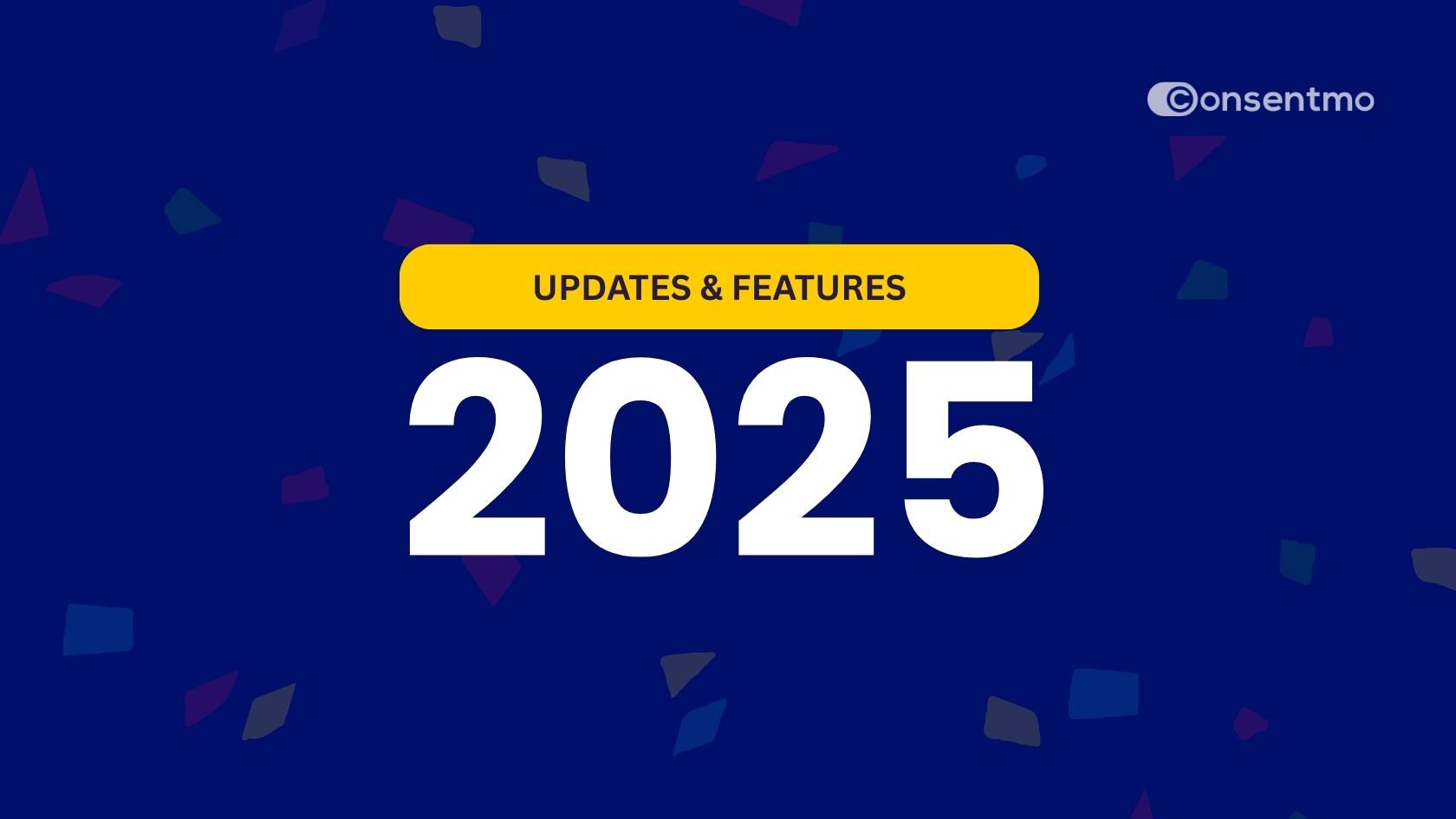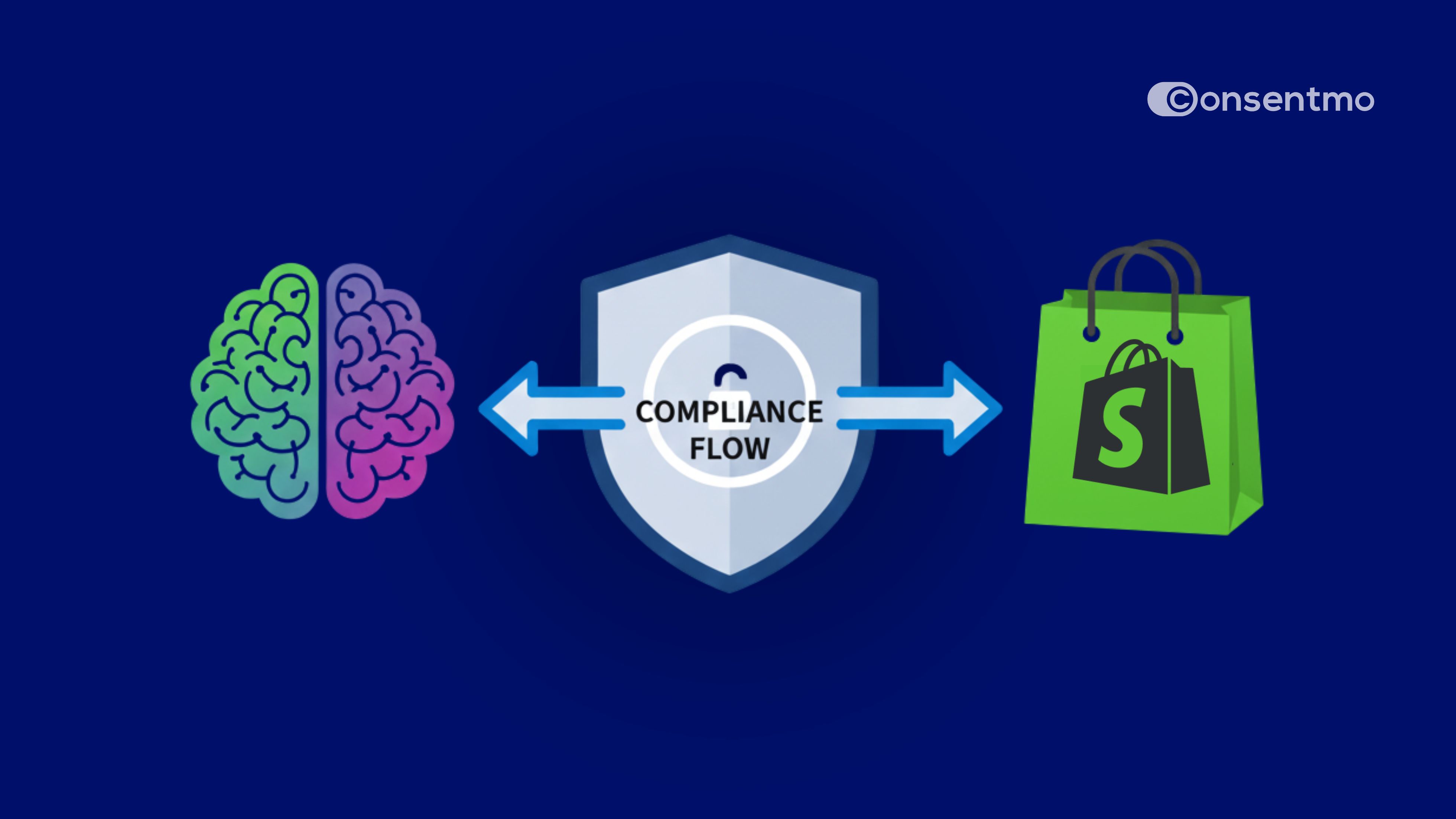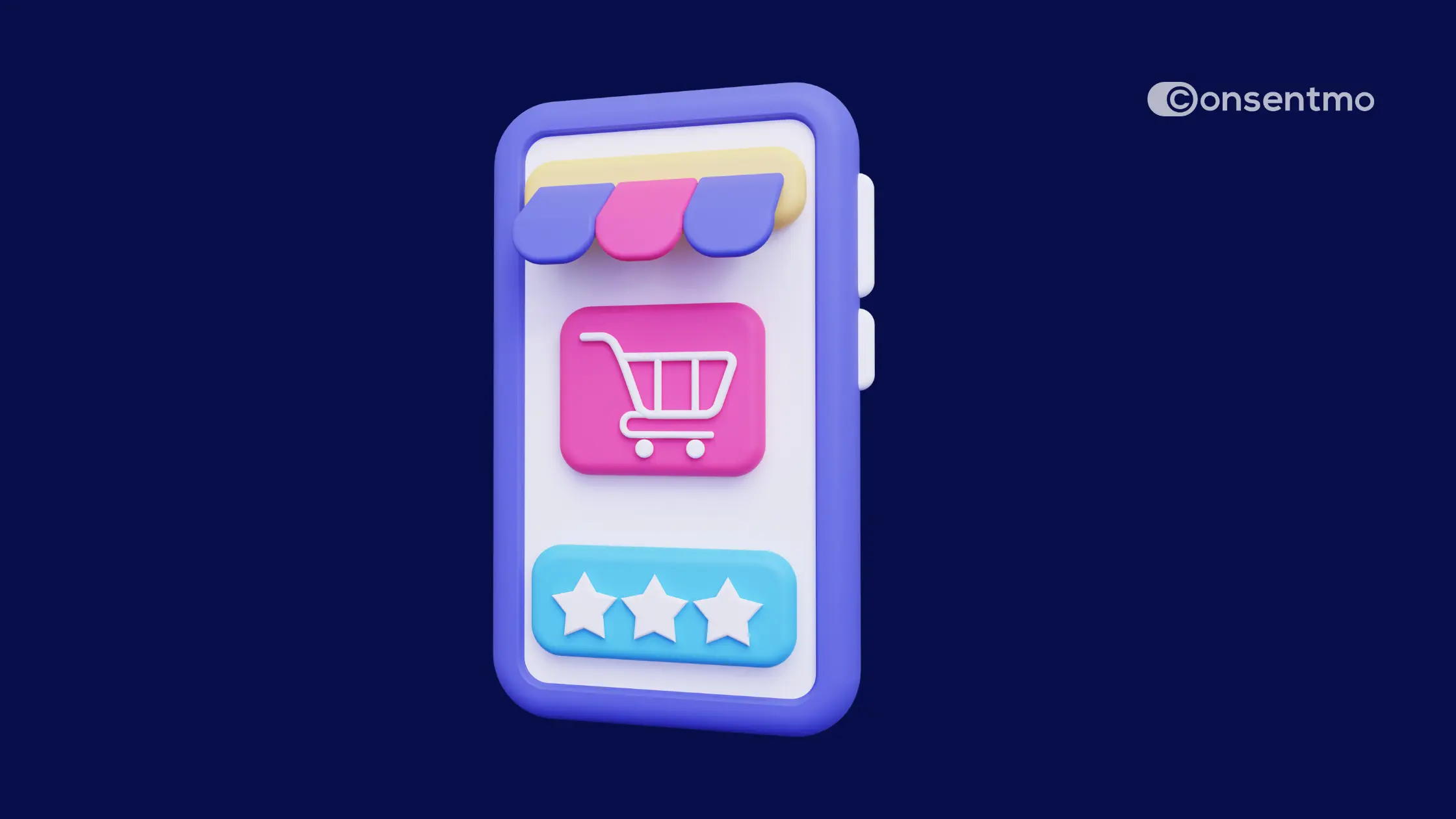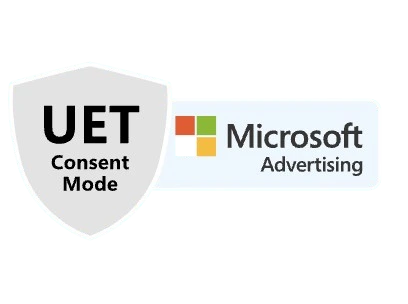Google Ads and Consentmo Integration: Everything Shopify Merchants Need to Know
In the ever-evolving world of data privacy, it can be challenging for Shopify store owners to stay compliant with new regulations while running effective ad campaigns.
One of the latest developments in data privacy is the introduction of laws focused on Restricted Data Processing (RDP) and the Universal Opt-Out Mechanism (UOOM). These laws are currently being applied in several U.S. states and are affecting how personal data is processed for ad services like Google Ads.
In this blog, we’ll break down what Google Ads are, what RDP and UOOM mean, how Google services are adjusting to these laws, and how Consentmo integrates with Google Ads to help your Shopify store stay compliant.
Let’s dive in!
What Are Google Ads?
Google Ads is one of the most popular online advertising platforms in the world. It allows businesses to advertise their products and services on Google Search, YouTube, and other websites within the Google network. As a Shopify merchant, using Google Ads can help drive traffic to your store by displaying relevant ads to people searching for products similar to yours.
However, with the introduction of new data privacy regulations, the way Google Ads operates, particularly how it handles personal data, is changing.
Restricted Data Processing (RDP) and Universal Opt-Out Mechanism (UOOM)
What Is RDP?
Restricted Data Processing (RDP) is a legal framework introduced to limit how personal data is collected and used, particularly for advertising purposes. This law applies in U.S. states like Florida, Texas, Oregon, and Colorado. The goal of RDP is to restrict the sale and use of personal data without explicit user consent.
For instance, when using ad services with RDP activated, ads won’t be based on the user’s past behavior, but rather on more general information like their location or the type of website they’re visiting. This means no personalized ads based on previous searches or clicks.
RDP also affects analytics services by limiting the amount of user data that can be collected. This approach verifies that companies aren’t tracking or using personal data for marketing or advertising without proper consent.
What Is UOOM?
The Universal Opt-Out Mechanism (UOOM) is another privacy tool designed to give users more control over their data. Currently, UOOM applies only in Colorado, but more states could adopt it in the future.
The idea behind UOOM is simple: users can enable a universal signal on their browser that prevents companies from selling or using their personal data for targeted ads. Google services can automatically detect this signal and adjust ad settings accordingly. The Global Privacy Control (GPC) signal is the only example of an approved mechanism that Google recognizes.
By enabling GPC in their browser, customers from Colorado no longer need to manually opt out of personalized ads on each site they visit - Google handles it automatically.
How Google Ads Adapts to RDP and UOOM
Google has integrated the RDP and UOOM frameworks into its ad services to comply with state laws. Google Analytics, as well as other services in Google’s suite, have built-in mechanisms to automatically adjust for these data privacy laws, but not all services operate the same way.
Google Services with Automatic RDP and UOOM Compliance
Some Google services are automatically configured to comply with RDP and UOOM regulations, meaning no extra steps are needed by Shopify store owners. Here are the Google services that automatically adjust for RDP and UOOM:
- Ads Data Hub
- Analytics / Analytics 360
- Audience Partner API
- Authorized Buyers
- Campaign Manager
- Customer Match
- Display & Video 360
- Enhanced Conversions
- Google Customer Reviews
- Google Survey App for Publishers
- Looker Studio
- Offline Conversion Import
- Open Bidding Buyers
- Optimize / Optimize 360
- Search Ads 360
- Store Sales (Uploads)
- Tag Manager / Tag Manager 360
- Waze Ads
When users from RDP-compliant states like Florida, Texas, Oregon, or Colorado visit your Shopify store, Google services listed above will automatically adjust to prevent personalized ads. Additionally, if UOOM is enabled and detected via a GPC signal, Google services will respect the user’s preferences without you needing to take any extra steps.
Google Services That Require Manual Activation
While many Google services are automatically compliant with RDP, some still require manual activation to follow these laws. If you’re using any of the following Google services for your Shopify store, you’ll need to manually activate RDP:
If you’re using any of these services, it’s important to activate the RDP option to follow data privacy laws. Here are the links with instructions to manually activate RDP for these services:
Once the RDP option is activated, it will automatically apply to users from RDP-compliant states and prevent them from receiving personalized ads.
How Consentmo Integrates with Google Ads
Managing data privacy while running Google Ads campaigns can be complex, especially with the introduction of laws like RDP and UOOM. This is where Consentmo makes things easier for Shopify merchants. With easy integration and effective consent management, Consentmo makes sure your store remains compliant without sacrificing performance.
When using Google Ads with Consentmo, it’s important to manage the script integration properly to guarantee that ads comply with user consent preferences, especially for visitors from states under RDP and UOOM laws.
Consentmo provides an easy solution by allowing you to integrate Google Ads with the app. If your Google Ads is set in the theme.liquid file, Consentmo has easy to follow instructions for managing the blocking of tracking scripts based on the user's cookie preferences.
What Happens When Consent Is Not Given?
Consentmo dynamically blocks tracking scripts for users who have not provided consent for personalized ads. This means no cookies or tracking scripts will be loaded from Google Ads, securing compliance with GDPR, CCPA, and other privacy regulations. Additionally, when users opt out via the Global Privacy Control (GPC) signal, Consentmo makes sure Google respects that opt-out across all Google services.
By using Consentmo, you make certain that any users who visit your Shopify store from regions covered by these privacy laws are not being tracked unless they’ve explicitly opted in. Plus, as new states introduce similar privacy laws, Consentmo will continue to update the settings automatically, keeping compliance simple and worry-free for Shopify merchants.
Conclusion: Stay Compliant, Run Effective Ads
With new data privacy regulations like RDP and UOOM being adopted by more states, staying compliant is becoming increasingly complex. However, with tools like Consentmo, Shopify merchants can feel confident knowing they are equipped to handle these changes.
Also, did you know you are risking your Google Ads account if your website isn't compliant? Read more here.
Consentmo’s integration with Google Ads and other services allows you to run effective ad campaigns while staying aligned with your customers’ privacy preferences. Whether it’s managing cookie consent, activating RDP, or integrating with UOOM, Consentmo makes compliance straightforward.
If you’re running ads through Google or other platforms, Consentmo makes sure you follow the latest privacy regulations while delivering a better customer experience. Ready to get started?
Check out Consentmo’s features and make sure your Shopify store stays compliant today!

.jpg)



.webp)


.png)








.png)








.jpg)















%2520.webp)
















.webp)


.webp)



.webp)
.webp)





.webp)































%20-%20Copy-p-500.webp)

.webp)



%20-%20Copy.png)
.svg)